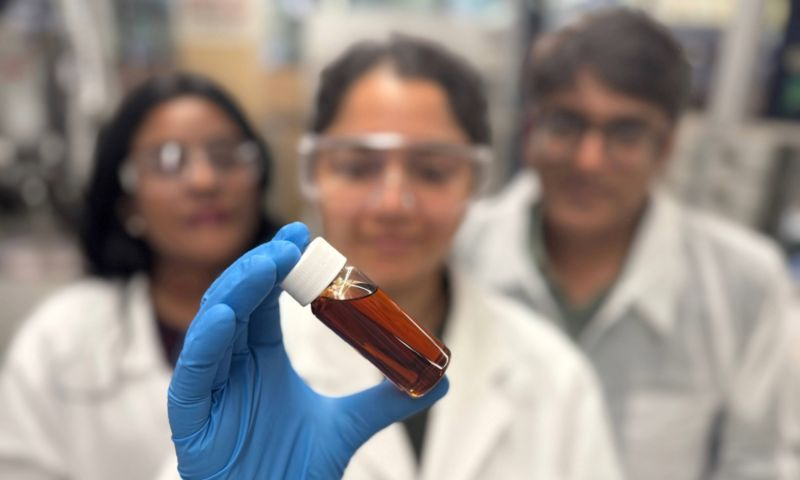La Trobe University: AI supercharges smart irrigation for farmers
- Global Research Partnerships
- Dec 10, 2024
- 2 min read

Developed by Victoria’s La Trobe University for far-north Queensland ag-tech company Aglantis, the intelligent irrigation system uses the Internet of Things to automate water pump management and monitor sunlight, temperature and humidity levels without human interaction.
The system was initially conceived as a project to improve land management and prevent fertiliser run-off from farms into the Great Barrier Reef, but with new technology making smart irrigation more affordable, Aglantis managing director Luke Malan said the potential of the product was almost limitless.
In addition to saving water, future AI additions could teach the system how to conserve energy, responding to solar or energy tariffs. It could also examine soil profiles and make intelligent choices around crop selection and yields.
“It essentially takes the guesswork out of farming,” Luke said. “With growing pressures on profitability, it’s more imperative to know what you’re doing and how you can do it better. This flips conventional thinking on its head and opens the doorway to new possibilities.”
Professor Wei Xiang, Cisco Research Chair and Director of La Trobe University’s Cisco Centre for AI and the Internet of Things, said the smart irrigation system was the centre’s first commercial product and showed how industry could drive research to tangible and groundbreaking results.
La Trobe is already working with the Australian Institute of Marine Science (AIMS), creating the world’s first AI-powered three-dimensional digital twin of the Great Barrier Reef to monitor its health.
The new smart irrigation system – developed in a one-metre plastic tub housed in the Digital Innovation Hub at La Trobe’s Melbourne campus - further enhances the University’s reputation in the AI research space.
The University recently announced its bold ambition to transform research, education, student support and business operations by applying an “AI-first” approach.
“Now we've proven the technology, the next step is to add additional features to improve productivity and crop yields through leveraging cutting-edge AI technology,” Professor Xiang said. “This will make farming on the whole more sustainable."



